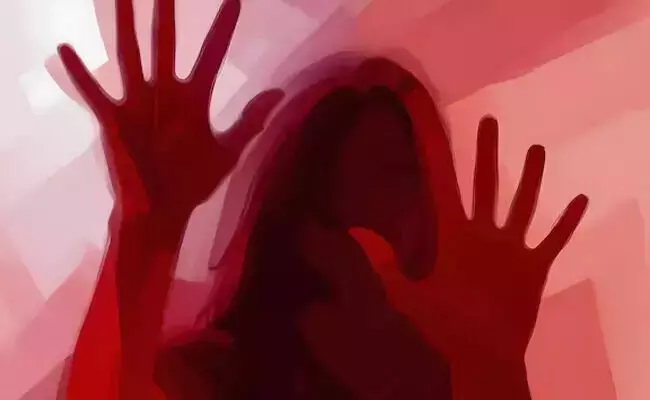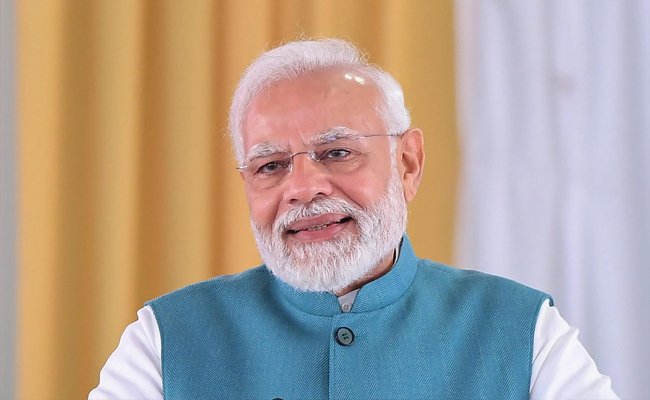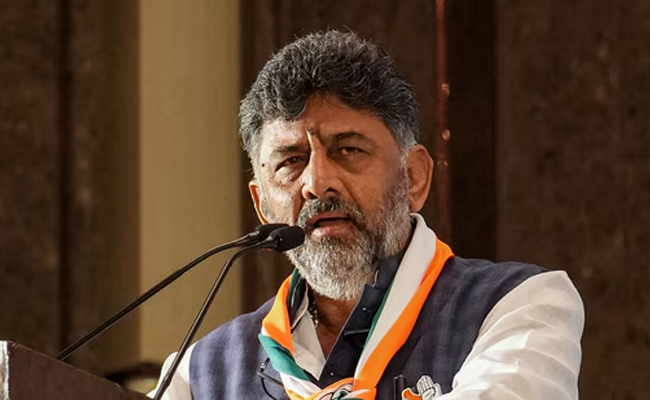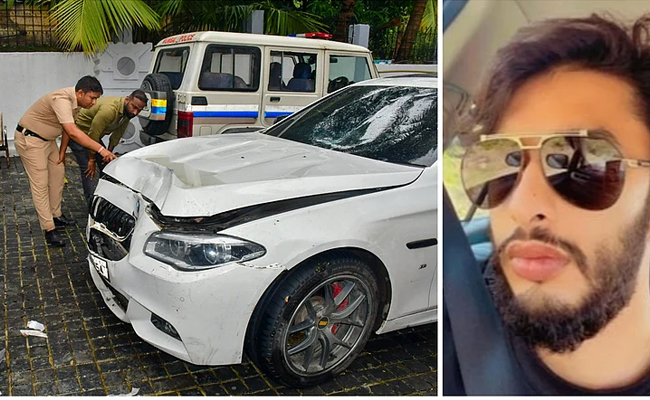A recent study has revealed the severe impact of the collapse of India's vulture population on human health, suggesting that it may have contributed to thousands of deaths. This research, carried out by economists Eyal G. Frank and Anant Sudarshan, highlights how the near-extinction of vultures in India has led to significant increases in human mortality rates.
India's vulture population experienced an unprecedented decline in the mid-1990s, with some species witnessing a drop in numbers by up to 99.9%. This collapse was primarily attributed to the widespread use of diclofenac, a veterinary painkiller found to be toxic to vultures when they consume livestock carcasses treated with the drug.
The Indian vulture, a large bird of prey with a wingspan of 1.96 to 2.38 meters and a body length of about 75 to 85 centimeters, belongs to the family Accipitridae. It features primarily pale plumage with dark flight feathers and a bare, pale head. The bird's neck and head are covered in down, which is sparser compared to other vulture species. It possesses a hooked beak adapted for tearing flesh from carcasses.
These vultures are scavengers, feeding mainly on the carcasses of dead animals, and play a crucial role in the ecosystem by disposing of these remains, which helps prevent the spread of diseases. Indian vultures are primarily found in South Asia, including India, Pakistan, and Nepal, with their range extending to some parts of Southeast Asia. They prefer open landscapes such as savannas, grasslands, and arid regions, typically nesting on cliffs and ruins, often in colonies. The breeding season generally falls between November and March, during which a single egg is laid and incubated by both parents.
Once a common sight across India, with a population possibly exceeding fifty million birds, vultures were essential for maintaining environmental cleanliness. However, the study compared districts with high and low vulture suitability before and after the introduction of veterinary diclofenac in 1994. The findings are alarming: all-cause human death rates increased by more than 4% in vulture-suitable districts following the birds' near-extinction.
Vultures play a crucial role in India's ecosystem by efficiently removing livestock carcasses, which number in the hundreds of millions. Their disappearance led to a sanitation crisis, with rotting carcasses left unattended, potentially spreading diseases and contaminating water sources.
The researchers also found evidence of increased feral dog populations and higher incidence of rabies in affected areas. This surge in dog numbers is likely due to the abundance of carrion previously consumed by vultures, leading to more human-dog interactions and rabies transmission.
The study highlights the often-overlooked importance of vultures in maintaining public health. As efficient scavengers feeding exclusively on carrion, these birds provided a vital sanitation service in a country with over 500 million livestock.
This research highlights the interconnectedness of ecosystems and human well-being. It points to the unforeseen consequences of biodiversity loss and the urgent need for conservation efforts.
The findings have significant implications for biodiversity management and conservation resource allocation. By quantifying the human cost of species loss, the study provides a compelling argument for protecting seemingly less charismatic species that play critical roles in ecosystem functioning.
Let the Truth be known. If you read VB and like VB, please be a VB Supporter and Help us deliver the Truth to one and all.
Gorakhpur (PTI): A hospital employee was booked for allegedly sexually assaulting a woman in the pretext of an ultrasound test here in the district women's hospital, police said on Saturday.
According to the complaint, the woman, a resident of the Gulriha area, visited the district women's hospital on Thursday morning for an ultrasound test.
She was directed to a room, where Abhimanyu Gupta was conducting ultrasounds. When her turn came, the accused allegedly stared at her and told her to remove all her clothes, claiming it was necessary for the test and that a massage would also be required, she said.
ALSO READ: UP: Girl kidnapped, raped multiple times over 25 days; accused held
The woman alleged that once she complied, the accused began making obscene advances and tried to force himself on her. When she screamed, he allegedly gagged her, abused her and threatened to kill her before pushing her out of the room.
She said her complaints within the hospital went unheard, forcing her to approach the police.
Taking cognisance of the complaint, the hospital administration constituted a three-member inquiry committee, officials said.
Senior consultant (paediatrics) Dr Jay Kumar said, "The woman has levelled serious allegations against a staff member. Senior officials have been informed, and a departmental inquiry is underway. Strict action will be taken if the charges are proved."
Kotwali Station House Officer Chatrapal Singh said a case has been registered, and efforts are on to nab the accused.





